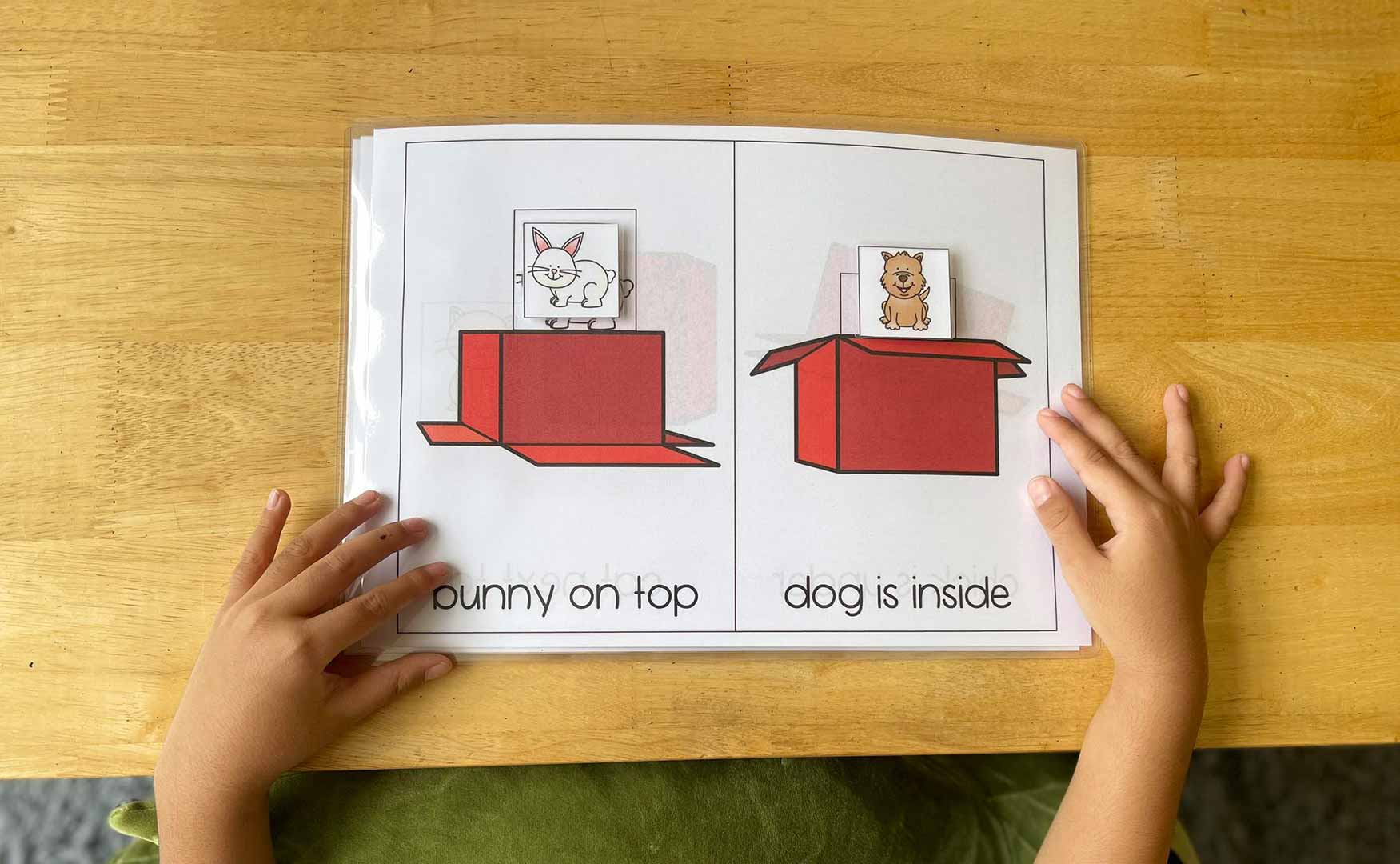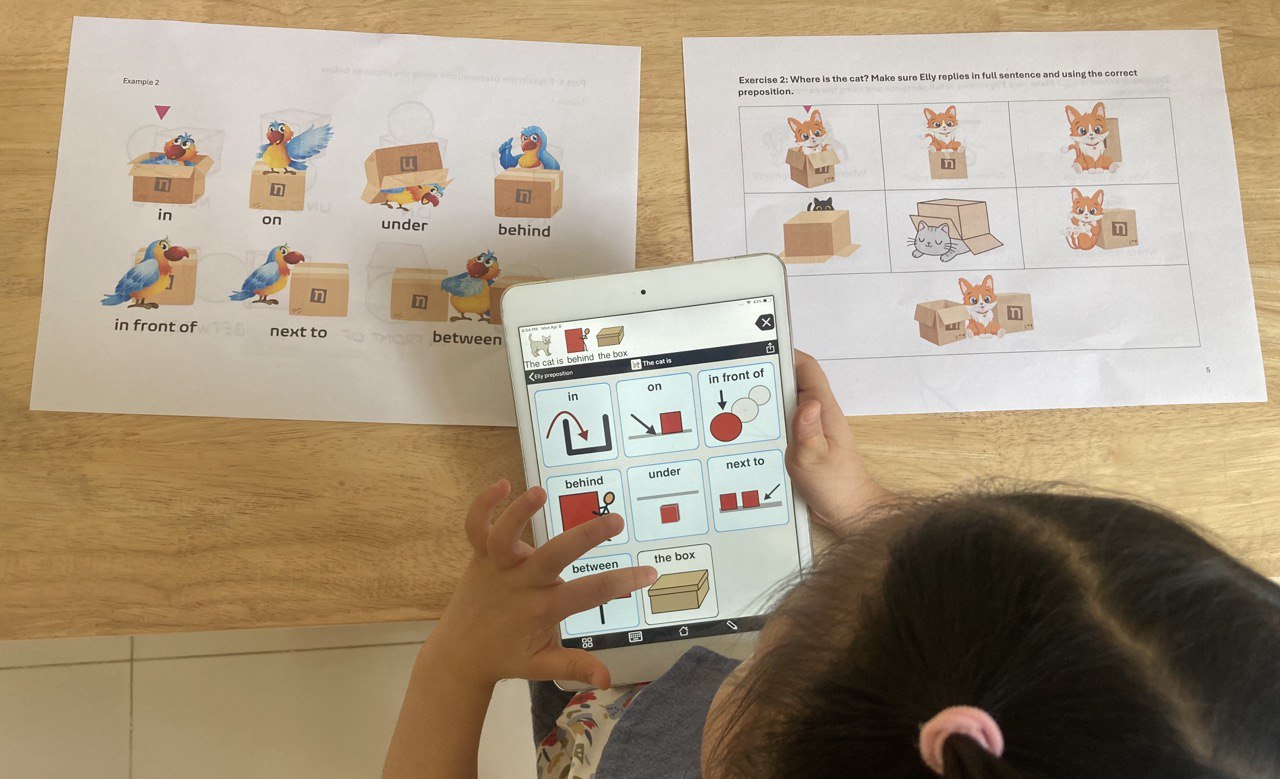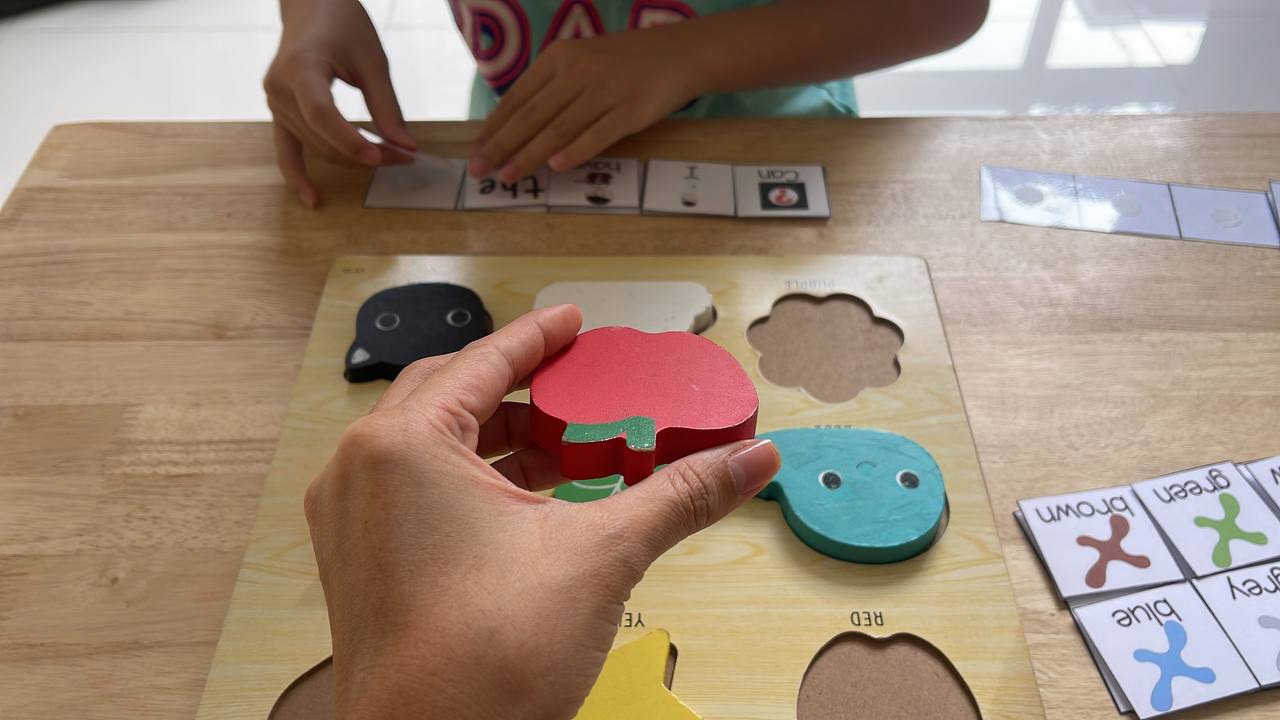Positional words are words that describe the location of one object in relation to another. They are an important part of English grammar and vocabulary, and they can be used to create clear and concise sentences.
There are many different positional words, but some of the most common ones include:
above
below
beside
behind
in front of
on
under
near
far
between
Benefits of Learning Positional Words
Learning positional words can have many benefits for children, including:
- Improved communication skills: Children who know positional words can use them to describe the location of objects, which can help them communicate more effectively with others.
- Better understanding of spatial relationships: Positional words can help children understand how objects relate to each other in space. This can be helpful for tasks such as playing games, building structures, and navigating their environment.
- Increased vocabulary: Learning positional words can help children expand their vocabulary and become more proficient in English grammar.
Activities for Learning Positional Words
There are many different activities that can be used to help children learn positional words. Here are a few ideas:
- Positional word flashcards: Flashcards are a great way for children to learn the names of positional words. You can make your own flashcards or buy them from a store.
- Positional word games: There are many different positional word games available, such as “Simon Says” and “Where’s Spot?” These games can help children learn the names of positional words and how to use them in sentences.
- Positional word puzzles: Puzzles can also be a fun way for children to learn positional words. You can find positional word puzzles at most toy stores.
- Positional word activities in the real world: Take children on walks around the neighborhood or to the park and point out objects that are in different positions. For example, you could point out a tree that is “behind” the house or a car that is “in front of” the store.
Learning positional words is an important part of English grammar and vocabulary. There are many different activities that can be used to help children learn positional words, and these activities can be fun and engaging. By learning positional words, children can improve their communication skills, spatial relationships, and vocabulary.
Find out if your child needs extra support today!
- My child screams hysterically
- My child is mean to other children
- My child is always worried
- My child is scared to go to school
- My child is scared of loud noises
- My child doesn’t know how to read
- My child is scared to play outside
- My child does not respond to his name
- My child always gets in trouble
- My child fights with other children
- My child doesn’t know how to count
If you are concerned about your child’s development, contact us for Assessments: Phone/Telegram: 077.455.993 – Telegram Link: https://t.me/OrbRom
If you are concerned about your child’s development, contact us for Assessments.
Phone/Telegram: 077.455.993 Link: https://t.me/OrbRom






Leave A Comment